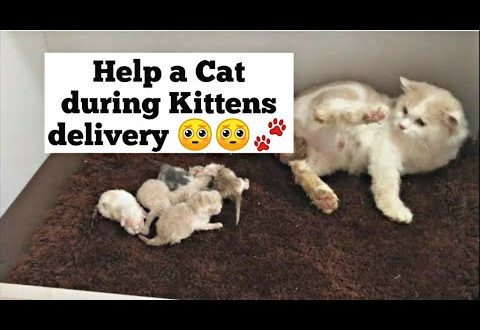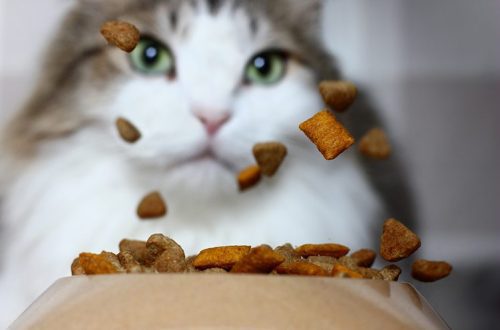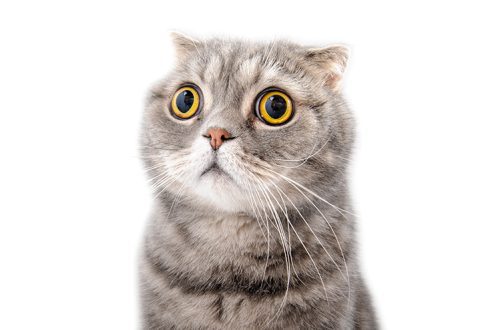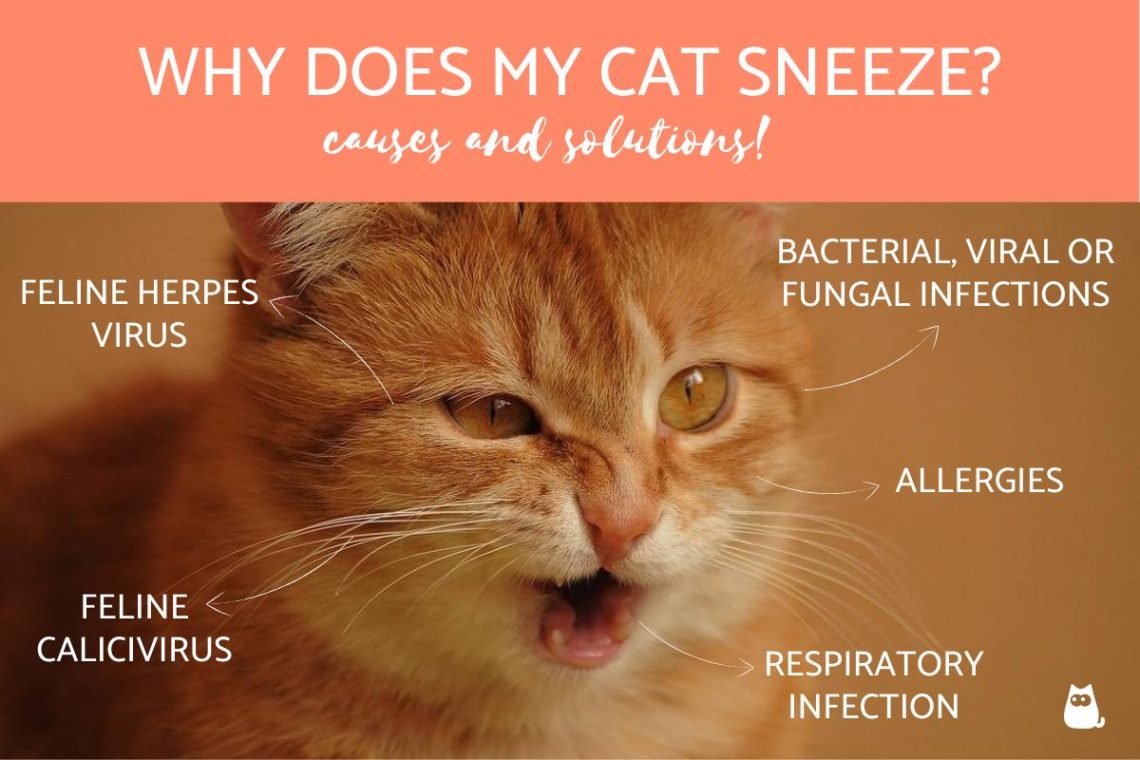
Sneezing in a cat: causes of the disease and treatment
The cat is constantly sneezing. Did she catch a cold?
In general, sneezing in cats is not an uncommon occurrence. However, if your cat has started sneezing consistently or more than usual, it may be time to see your veterinarian.
Contents
Why is my cat sneezing so hard?
In most cases, furry friends sneeze for the same reason humans do. This is an irritation of the nasal mucosa caused by the ingress of foreign substances from the air, such as dust, cigarette smoke, or even one’s own hair.
However, sneezing in a cat can be due to more serious reasons. Among the main reasons why a cat often sneezes are the following:
1. Irritants
Sneezing can be triggered by seemingly harmless irritants. These can be spices with a pungent odor that are used for cooking. In particular, pepper and cinnamon, known for their caustic properties, can irritate a cat’s sensitive nose, especially if it “helps” the owner in the kitchen. The same can be said about household cleaners, including those containing bleach and vinegar, which can irritate the mucous membranes of both humans and animals. Do not forget about essential oils: although their smell can be very pleasant for humans, they can have a negative effect on a cat’s acute sense of smell.
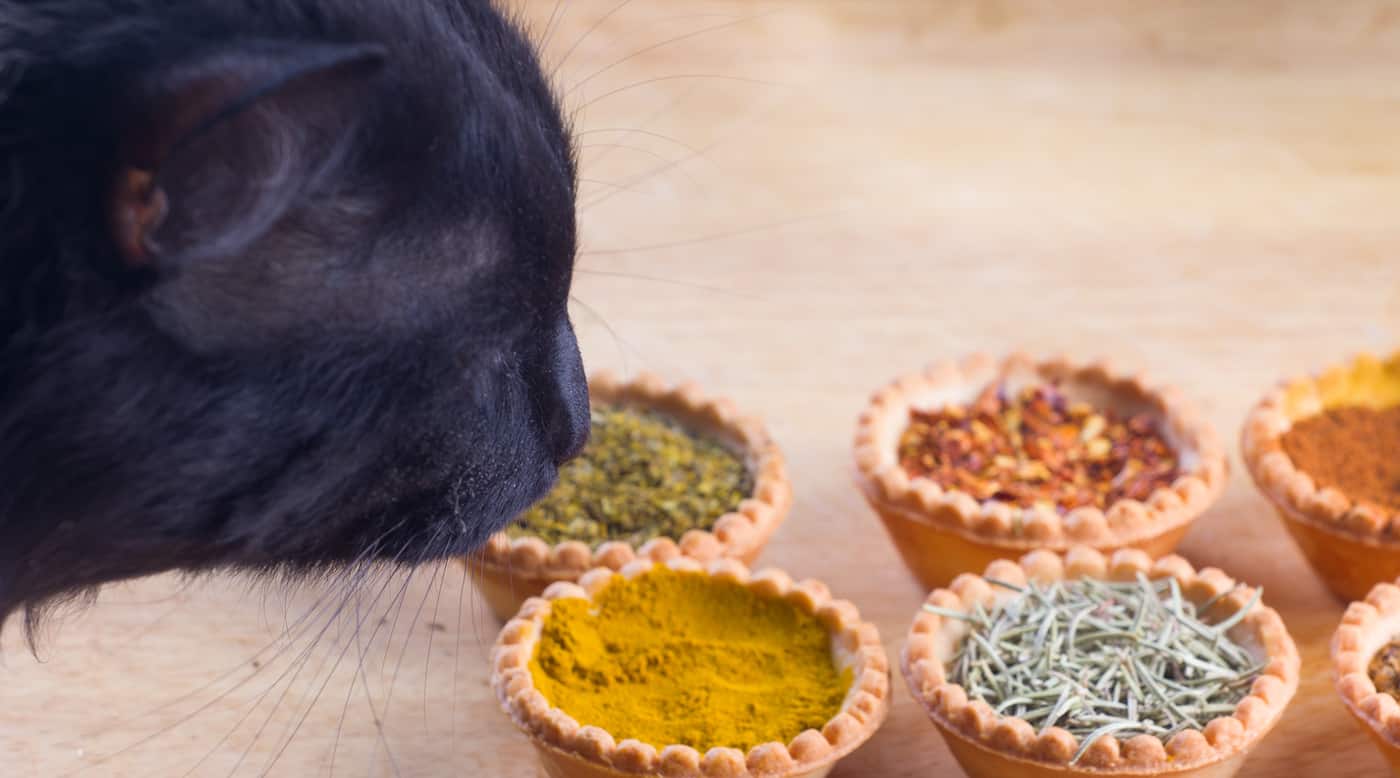
2. Foreign objects
A curious cat’s nose can get a variety of things. Among the many examples are blades of grass and pollen that accidentally enter the house from the street. If a foreign object is not pushed out during a sneeze, do not try to remove it yourself. You must contact your veterinarian immediately.
3. Dental diseases
Sneezing and nasal discharge are the most common symptoms of dental disease in cats. As the Pet Health Network points out, “Mouth infections in cats can lead to bacteria multiplying in the sinuses, causing inflammation and sneezing.” Left untreated, the bacteria can spread to other parts of the body.
4. Infections
Rabies, herpes, ringworm, and toxoplasmosis are just a few of the infections that can cause a domestic cat to sneeze. Not all such viruses are dangerous to humans, but some, such as toxoplasmosis, can be transmitted to humans and are quite serious.
5. Respiratory infection
Veterinarian Arnold Plotnik notes that allergies in cats rarely manifest themselves in the form of sneezing. Most often, sneezing in cats is caused by an upper respiratory tract infection. “Most cats become infected with viral diseases of the upper respiratory tract in childhood and are chronic carriers of the corresponding viruses. In a state of stress or suppressed immunity, the virus can be activated with the development of clinical symptoms. Infections of this type are transmitted from cat to cat, but not between a person and a cat.
The cat began to sneeze: what to look for
In addition to frequent sneezing, the cat needs to pay attention to nasal discharge. Sneezing and nasal discharge can accompany each other or occur separately. They have been associated with diseases of the nasal cavity, sinuses, or both. And while episodic sneezing in a cat is completely normal, repeated bouts of severe sneezing may indicate irritation of the nasal cavity. If the cat sneezes and has a runny nose, and there may also be discharge from the eyes, loss of appetite, lethargy and coughing, all indicate an infection.
Cat sneezes: what to do at home
If the cat continues to sneeze, the first step is to analyze what external factors may be causing this condition and how they can be eliminated. For example, you can distract your cat with toys to keep her from hanging around in the kitchen while food is being prepared, avoid irritating cleaning products, or vacuum more often to reduce the amount of dust in the house.
If the sneezing does not go away on its own, or the cat begins to show other symptoms, you should immediately make an appointment with your veterinarian to determine the cause. After the examination, the specialist will likely take a series of tests from the cat to find out what is causing the complications.
For any cat owner, the health of their pet is their number one priority, so remember the importance of regular checkups with your veterinarian. They will help the fluffy beauty to stay in great shape for many years.



